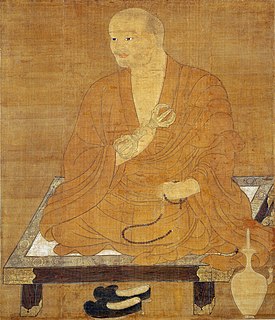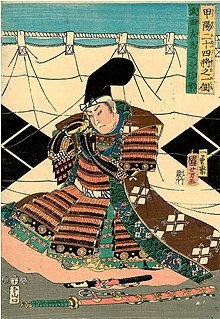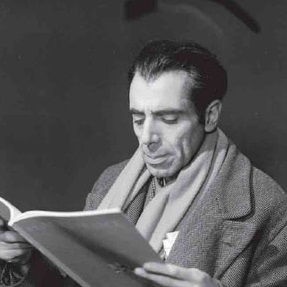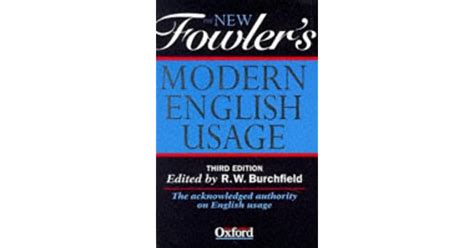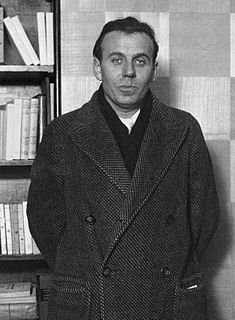A Quote by George Orwell
Related Quotes
Never use a metaphor, simile, or other figure of speech which you are used to seeing in print. Never use a long word where a short one will do. If it is possible to cut a word out always cut it out. Never use the passive voice where you can use the active. Never use a foreign phrase a scientific word or a jargon word if you can think of an everyday English equivalent. Break any of these rules sooner than say anything outright barbarous.
There are some simple maxims which I think might be commended to writers of expository prose. First: never use a long word if a short word will do. So, if you want to make a statement with a great many qualifications, put some of the qualifications in separate sentences. Third: do not let the beginning of your sentence lead the reader to an expectation which is contradicted by the end.
The mantras, however, are mysterious and each word is profound in meaning. When they are transliterated into Chinese, the original meanings are modified and the long and short vowels are confused. In the end we can get roughly similar sounds but not precisely the same ones. Unless we use Sanskrit, it is hardly possible to differentiate the long and short sounds. The purpose of retaining the source materials, indeed, lies here.
He should have known better because, early in his learnings under his brother Mahmoud, he had discovered that long human words (the longer the better) were easy, unmistakable, and rarely changed their meanings, but short words were slippery, unpredictable changing their meanings without any pattern. Or so he seemed to grok. Short human words were never like a short Martian word - such as grok which forever meant exactly the same thing. Short human words were like trying to lift water with a knife. And this had been a very short word.
Do not put statements in the negative form. And don't start sentences with a conjunction. If you reread your work, you will find on rereading that a great deal of repetition can be avoided by rereading and editing. Never use a long word when a diminutive one will do. Unqualified superlatives are the worst of all. De-accession euphemisms. If any word is improper at the end of a sentence, a linking verb is. Avoid trendy locutions that sound flaky. Last, but not least, avoid cliches like the plague.
In short, I will preach it [the Word], teach it, write it, but I will constrain no man by force, for faith must come freely without compulsion. Take myself as an example. I opposed indulgences and all the papists, but never with force. I simply taught, preached, and wrote God's Word; otherwise I did nothing. And while I slept, or drank Wittenberg beer with my friends Philip and Amsdorf, the Word so greatly weakened the papacy that no prince or emperor ever inflicted such losses upon it. I did nothing; the Word did everything.




